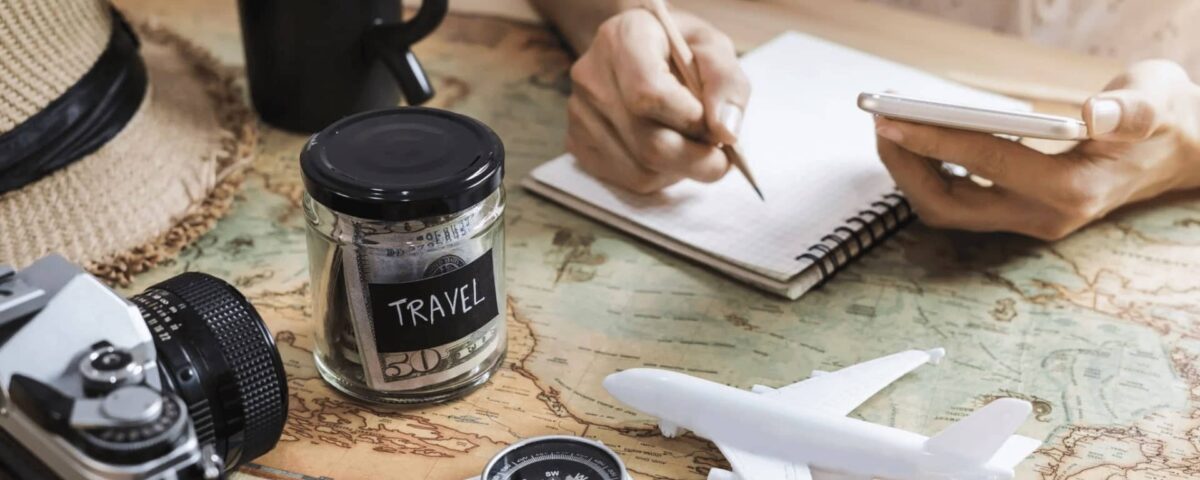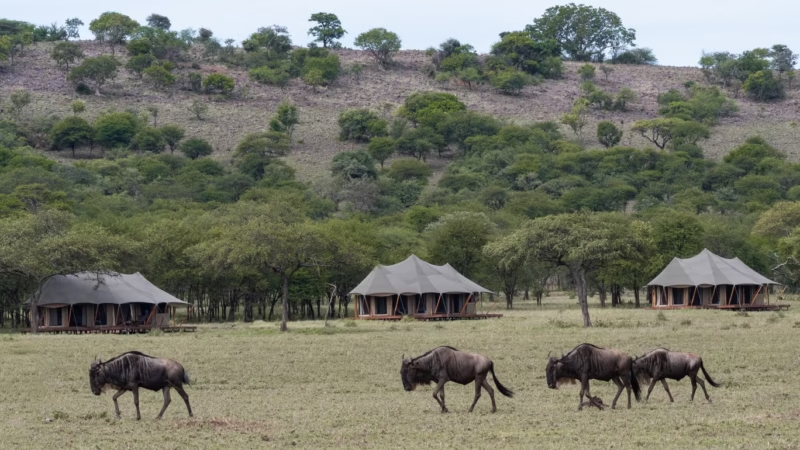
Avoiding Scammers on Safari: A Guide for Solo Travelers
September 3, 2025
Last Minute Travel Changes: How Flexible Are Safari Bookings?
September 4, 2025Planning a safari is exciting, but sometimes life gets in the way illness, work commitments, emergencies, or even unexpected flight changes. If you ever need to cancel or postpone your safari, it’s important to know what happens to your payments and bookings.
Here’s a clear guide on how safari cancellations work, why travel insurance is a must, and what options you have with Traford Safaris.
1. Refund Policies Explained
Not all parts of a safari are treated the same when it comes to refunds. Here’s how it usually works:
🦍 Gorilla & Chimpanzee Permits
-
Issued by wildlife authorities in Uganda and Rwanda (UWA & RDB).
-
Strictly non-refundable once purchased because they are limited and tied to specific dates.
-
Even if you cancel your safari, the permit cost cannot be recovered.
-
Good to know: Traford Safaris can often help reschedule your permit to another date if changes are made early enough.
🏨 Accommodation Bookings
-
Lodges and camps have cancellation policies that vary:
-
90+ days before arrival: Often a full refund (minus bank charges).
-
60–30 days before: 50–75% refund depending on the property.
-
Less than 30 days: Usually non-refundable.
-
-
Luxury lodges in popular parks (like Serengeti or Bwindi) may have stricter policies than city hotels.
🚙 Safari Operator Fees
-
Tour operators invest time and resources to arrange vehicles, guides, permits, and logistics.
-
A portion of the operator’s planning or administrative fee may be non-refundable, especially close to your departure date.
-
However, reputable operators (like Traford Safaris) are transparent and will always show what portion of your payment is recoverable.
2. Why Travel Insurance Matters
Travel insurance is your safety net when cancellations happen. A comprehensive policy can cover:
-
Trip cancellations due to illness, injury, or emergencies.
-
Medical coverage if you get sick during your trip.
-
Flight disruptions that cause you to miss part of your safari.
-
Lost luggage or stolen valuables.
👉 Example: If you booked gorilla trekking in Uganda but fell ill before your trip, your permit would normally be non-refundable. With insurance, you may still recover the cost.
3. Traford Safaris’ Approach to Cancellations
We understand that cancellations are stressful, so we aim to be flexible and fair:
-
Clear Communication: From the start, our invoices and booking documents outline what is refundable and what isn’t.
-
Refund of Recoverable Costs: If you cancel early, we refund all amounts we can recover from lodges, transport, and services (excluding non-refundable permits).
-
Rescheduling Option: Instead of losing your trip, we encourage rescheduling. We can move your safari to new dates helping you preserve your investment.
-
Installment Flexibility: If you’re paying in installments, only the amounts already paid are affected. Future payments simply stop.
4. Tips for Travelers Who May Need to Cancel
-
Book Early, But Smartly: Early bookings secure lodges and permits but also lock in cancellation deadlines.
-
Always Buy Insurance: It’s the best way to protect your investment.
-
Ask About Policies Before Paying: A reliable operator (like Traford Safaris) will explain cancellation terms upfront.
-
Consider Rescheduling Over Canceling: This saves money and keeps your dream safari alive.
-
Stay Flexible With Dates: Especially during peak seasons, moving your safari forward can be easier than canceling.
Final Thoughts
Canceling a safari doesn’t have to mean losing everything. By understanding refund policies, protecting yourself with insurance, and booking with a transparent operator like Traford Safaris, you’ll have peace of mind.
Whether your journey takes place this year or next, we’ll make sure you experience the gorillas of Bwindi, the great herds of Serengeti, or the lions of Maasai Mara without unnecessary stress.




